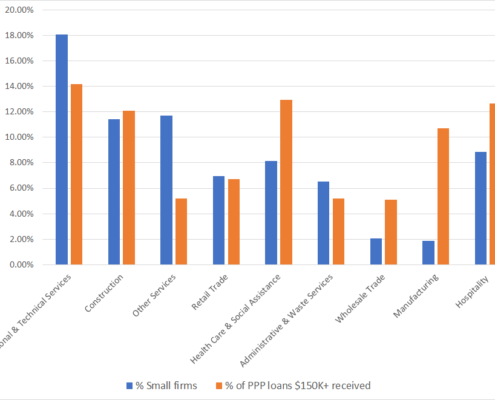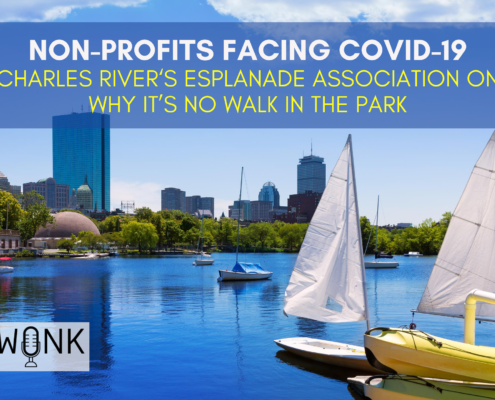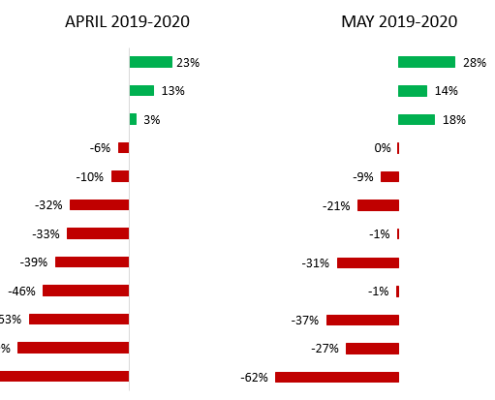Proposition 80 Won’t Generate $1.9 Billion Annual Projected Revenue
Passage of November 2018 ballot measure will make Massachusetts far less competitive
BOSTON – Passage of Proposition 80, the tax hike proposal scheduled to appear on the November 2018 Massachusetts ballot, will fail to generate the level of revenue growth projected by its backers, according to a new Pioneer study.
The ballot measure would add a 4 percent surtax on any annual taxable income over $1 million. In “Proposition 80 Will Not Raise $2 Billion and the Money Won’t Be Free,” Pioneer Institute Research Director Greg Sullivan warns that proponents’ projected revenue gains are based on a small pool of taxpayers, some of whom are likely to relocate outside the state if the proposal passes.
According to Massachusetts Department of Revenue data, the majority of the tax revenue Proposition 80 is expected to raise would derive from just 897 of the 19,565 taxpayers who would be subject to the measure. Over time, if even a third of those 897 chose to move, annual revenue from the tax would fall from an anticipated $1.9 billion to $1.1 billion.
The report further finds that there is a high likelihood that they will relocate, given that states with lower tax rates have historically held a distinct advantage in attracting and retaining businesses and wealthy taxpayers.
From 2011–12 to 2014–15, the eight states with no income tax saw a net positive migration of adjusted gross income (AGI) of $65 billion, more than 60 percent of which came from the small percentage of taxpayers with annual AGIs of $200,000 or more. During that same period, the eight states with the highest marginal income tax rates experienced negative AGI migration of $44.23 billion, over 60 percent of which resulted from the relatively small number of migrants with annual incomes of $200,000 or more.
“Those who argue that state tax rates don’t impact where high earners choose to live and where businesses choose to locate inhabit an alternate reality,” said Pioneer Institute Executive Director Jim Stergios. “Proposition 80 backers paint it as a harmless way to boost revenue, but its adoption would pose a direct threat to business and job creation in Massachusetts.”
IRS records show that over 70 percent of Massachusetts’ 16,100 taxpayers with AGI over $1 million in 2015 received income from partnerships and sub-chapter S corporations. Proposition 80 would raise the combined federal/state tax rate on partnership and sub-S corporations from 26th to between the second and fourth highest in the U.S.
Large, medium and small businesses alike will face adverse consequences. Small businesses account for nearly half of total employment in Massachusetts. The report features case studies illustrating Proposition 80’s potential impact on three Massachusetts firms: The RMR Group Inc. in Newton, Cape Cod Lumber in Abington, and Copilabs, Inc. in Lawrence.
About the Author
Gregory Sullivan is Pioneer’s Research Director. Prior to joining Pioneer, Sullivan served two five-year terms as Inspector General of the Commonwealth of Massachusetts and was a 17-year member of the Massachusetts House of Representatives. Greg holds degrees from Harvard College, The Kennedy School of Public Administration, and the Sloan School at MIT.
###
Pioneer Institute is an independent, non-partisan, privately funded research organization that seeks to improve the quality of life in Massachusetts through civic discourse and intellectually rigorous, data-driven public policy solutions based on free market principles, individual liberty and responsibility, and the ideal of effective, limited and accountable government.
Get Updates on Our Economic Opportunity Research
Related Posts












